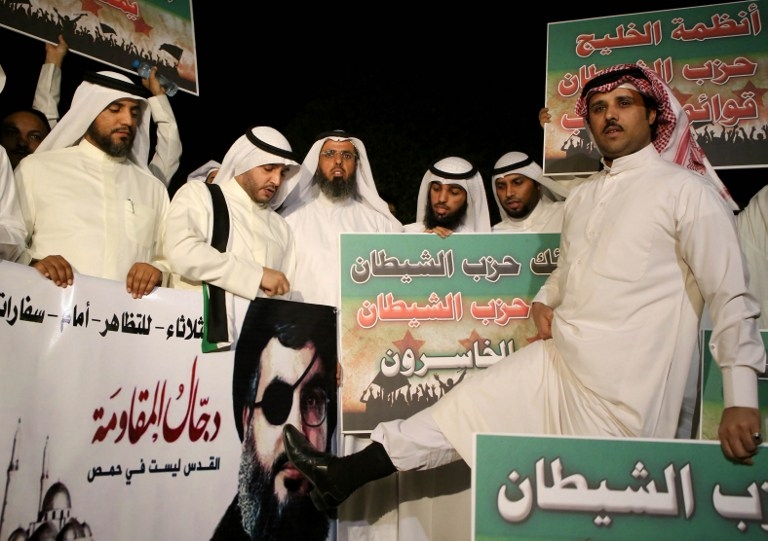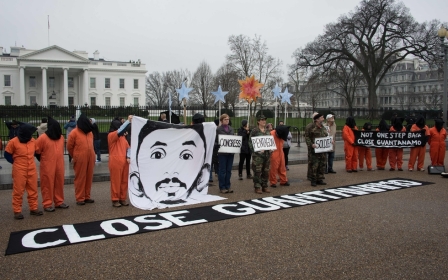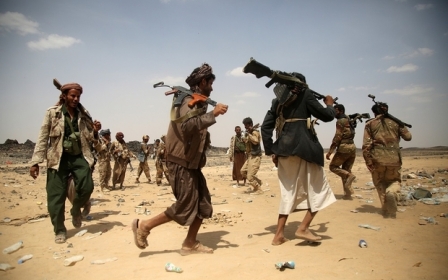Kuwait sentences 2 to death for 'spying for Iran and Hezbollah'

Kuwait has sentenced a Kuwaiti and an Iranian to death after they were convicted of "spying for Iran" and plotting attacks in the Gulf country after a trial in which defendants told the court their confessions were extracted under torture.
The Iranian, Abdulreda Hayder, was being tried in absentia along with a group of Kuwaiti Shia on charges of spying for Iran and hiding large quantities of arms and ammunition in underground bunkers.
The court said Hayder was an Iranian spy who recruited the Kuwaiti Shias and arranged for their travel to Lebanon, where they received military training from Iran-backed group Hezbollah.
The other man sentenced to death, Kuwaiti Hasan Abdulhadi Ali, had been a member of Hezbollah since 1996 and was "the mastermind of the cell", the court said.
The court sentenced another defendant to life in prison and 19 were jailed for between five and 15 years. Three others were acquitted.
The defendants were also convicted of spying for Hezbollah, smuggling and assembling explosives, and possessing firearms and ammunition.
Kuwaiti authorities said in August they had dismantled an Iran-linked cell and seized large quantities of arms, explosives and ammunition.
During the trial which began in September, all 23 defendants present in court denied the charges and alleged that confessions were extracted under torture.
They told the court they were beaten and given electric shocks, with interrogators threatening to kill them if they did not sign prepared confessions.
The verdicts come amid the growing dispute between Tehran and Gulf Arab states after Iranian protesters on 2 January torched Saudi Arabian diplomatic missions in the Shia-dominated Islamic republic.
The attacks were in anger over Riyadh's execution of Nimr al-Nimr, a prominent cleric from the kingdom's Shia minority.
Riyadh cut diplomatic ties with Tehran the next day and a number of its Sunni Arab allies followed suit, including Bahrain and Sudan. Other Arab countries downgraded ties or recalled their envoys from Tehran.
Kuwait recalled its ambassador from Iran to protest against the attacks and summoned Tehran's ambassador to express its disapproval.
About a third of Kuwait's native population of 1.3 million is Shia.
Another Sunni-ruled Gulf state, Bahrain, said on Wednesday that it had dismantled an Iran-linked "terror" cell that was planning attacks in the kingdom.
The hearing on Tuesday was held amid tight security, with armoured vehicles mounted with machineguns stationed around the Palace of Justice in Kuwait City.
Only close relatives of the defendants, lawyers and journalists were allowed to attend the hearing.
Iran has denied any links to the group.
New MEE newsletter: Jerusalem Dispatch
Sign up to get the latest insights and analysis on Israel-Palestine, alongside Turkey Unpacked and other MEE newsletters
Middle East Eye delivers independent and unrivalled coverage and analysis of the Middle East, North Africa and beyond. To learn more about republishing this content and the associated fees, please fill out this form. More about MEE can be found here.




